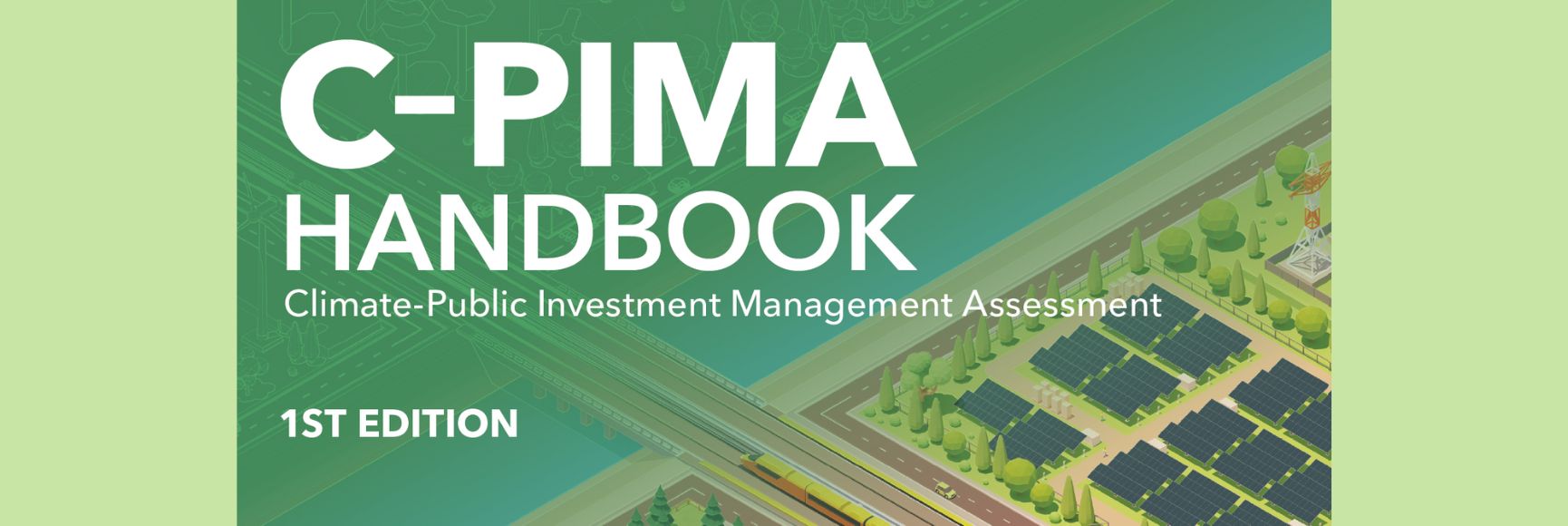Climate change is one of the most alarming global threats of our time, with a huge and well documented economic and fiscal impact. Its effects are being felt by people of all ages. For young people, however, climate change has become a particularly pressing issue. They are facing reduced opportunities for meaningful engagement in a world increasingly shaped by the unpredictability of extreme weather events, as well as heightened emotional distress as they see their families and communities deprived of income and employment.
Over the past few decades, the Caribbean region has experienced an increased frequency of extreme weather events such as hurricanes, floods, and droughts. These natural disasters have created a huge drain on public finances. For example, Hurricane Dorian hit the Bahamas in 2019, leaving behind a trail of destruction with at least 70 people dead and over $3 billion in damages. In November 2020, Hurricanes Eta and Iota struck the Northern Caribbean and Central America, leaving over 200 people dead and forcing thousands to flee their homes. In 2021, a series of hurricanes hit Dominica.
Higher temperatures and increased precipitation have also caused the spread and increased presence of invasive species, including the Sargassum seaweed which started attracting international attention in 2011. The ‘sargassum bloom’ can become invasive if not properly controlled, pose risks to human health, and disrupt aquatic ecosystems.
The seaweed contains chemicals, such as ammonia and hydrogen sulphide, which cause rashes and other skin irritations in contact with the skin. Inhaling sargassum-associated air pollutants often leads to respiratory tract irritation, asthma attacks, and other illnesses. The seaweed also serves as a breeding ground for mosquitoes, bringing severe illnesses such as malaria, Zika and dengue fever. Not only do the massive accumulations of seaweed create an unsightly landscape and block access to beaches, they also considerably harm economies, public finances, and job opportunities in a region that is dependent on the tourism industry and the sale of seafood.
Yet today young people are more conscious and aware of their environment than ever and are part of a significant and inspiring movement sweeping the world. Their involvement is essential to tackle the climate crisis, especially considering their broad outreach and ability to spur change quickly. For example, in Grenada, groups such as the Caribbean Youth Environment Network-Grenada (G-YEN), the Leo Clubs of Grenada, the Rotaract Club and various School groups are engaging in activities and public awareness campaigns that have drawn attention to environmental causes and are bringing about change.
To further support these efforts, international organisations such as the Global Youth Environment Assembly (GYEA-UN), convened by the UN Environment Programme and Global Youth Climate Action Fund (GYCAF), provide small grants and finance that support the youth’s role in this fight. Young people use social media platforms such as Tik Tok, Instagram, and Facebook to organise initiatives such as global climate strikes and participate in online petitions and discussions. They are proving that innovative solutions can tackle and resolve some of the most complex climate challenges. They are also bringing the fight to the politicians, corporations, and communities, exhibiting impressive determination and creativity.
Encouraging youth participation in local initiatives such as community clean-ups, smart agriculture & composting programs, and renewable energy projects demonstrates the impact they can have on the environment. Donor-funded agencies can further empower youth initiatives by providing more grant funding to support their efforts, especially at the community level. Capacity building and training in resource mobilisation strategies is an integral part of the support given to youth climate advocates and groups.
Providing funding to support youth-driven innovative climate-smart small businesses and cooperatives is an excellent strategy for allowing creative young entrepreneurs to contribute to promoting climate resilience, help stabilize economies and public finances, and provide employment opportunities. In the Caribbean, the curse of Sargassum seaweed can also be turned into an attractive option for sustainable business ventures. The seaweed is rich in vitamins, minerals, and antioxidants, making it ideal for fertilising and processing into fertilisers and animal feed supplements. Businesses supported through a grant or concessionary loans can enjoy high yields given the low levels of competition in this field. Business start-ups utilising sargassum seaweed have great potential to succeed in the marketplace and support economic development.
All in all, the Caribbean countries should recognise and appreciate what their youth are doing and support their efforts as part of a campaign to manage the critical issue of climate change.





